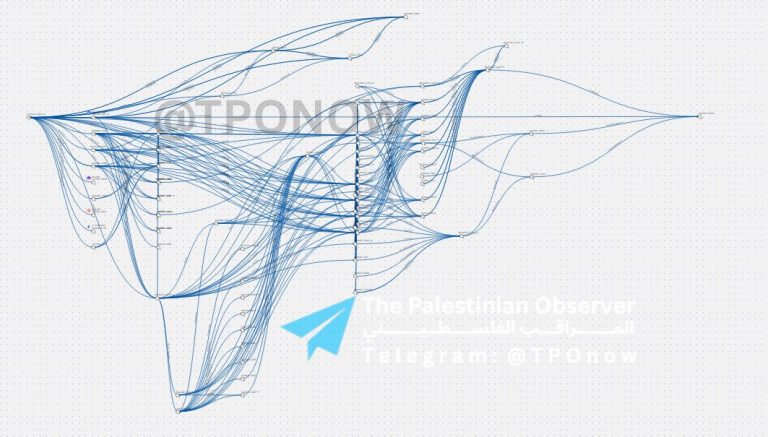
In a quiet policy shift with far-reaching implications, U.S. Secretary of State Marco Rubio has directed the full merger of the Office of Palestinian Affairs into the internal sections of the U.S. Embassy in Jerusalem. This move restores the framework of the Trump administration, in which all diplomatic functions in the region are centralized under the authority of the U.S. Ambassador to Israel—effectively eliminating any direct or independent U.S. engagement with the Palestinian political sphere.
The Office of Palestinian Affairs, which operated with limited autonomy, had been one of the last remaining U.S. diplomatic channels that communicated directly with Palestinian authorities without routing through the Israeli government. Its dissolution means that all U.S. interaction with Palestinians will now be conducted through offices that report to the ambassador in Jerusalem—symbolically and administratively placing Palestinian affairs under the same structure as Israeli oversight.
For Palestinians, this development is not merely symbolic. It represents the further collapse of diplomatic space in which Palestinian political identity and statehood claims are recognized as distinct and legitimate. The merger coincides with a period of deepening violence in Gaza and escalating repression in the West Bank, where U.S.-made weapons and political cover have facilitated Israel’s intensifying military campaign.
Moreover, this move cements the U.S. recognition of Jerusalem as Israel’s undivided capital, a position that contravenes decades of international consensus recognizing East Jerusalem as occupied territory and the envisioned capital of a future Palestinian state. By structurally eliminating a standalone Palestinian diplomatic office, Washington is reinforcing the Israeli narrative of exclusive sovereignty over the entire city, denying Palestinians any claim to political parity.
Israeli media reports have welcomed the decision, framing it as a return to a more “coherent” U.S. policy aligned with Israeli security and sovereignty goals. Palestinian responses, while not officially coordinated, have been clear in condemning the shift as another indication that U.S. diplomacy no longer offers any meaningful support for Palestinian rights or representation.
In practice, this restructuring is expected to cut off Palestinian officials from even the limited diplomatic recourse previously available. With all U.S. activity in the region now routed through a pro-Israel lens, the prospects for U.S.-led mediation, or even symbolic recognition of Palestinian national identity, appear further out of reach.
Takeaway:
The merger of the Office of Palestinian Affairs into the Jerusalem embassy framework is more than administrative—it’s a strategic downgrading of Palestinian political status. By eliminating a direct line of engagement, the U.S. has reinforced its alignment with Israeli sovereignty claims, diminished Palestinian diplomatic visibility, and further distanced itself from any credible role as a neutral broker in the conflict.





